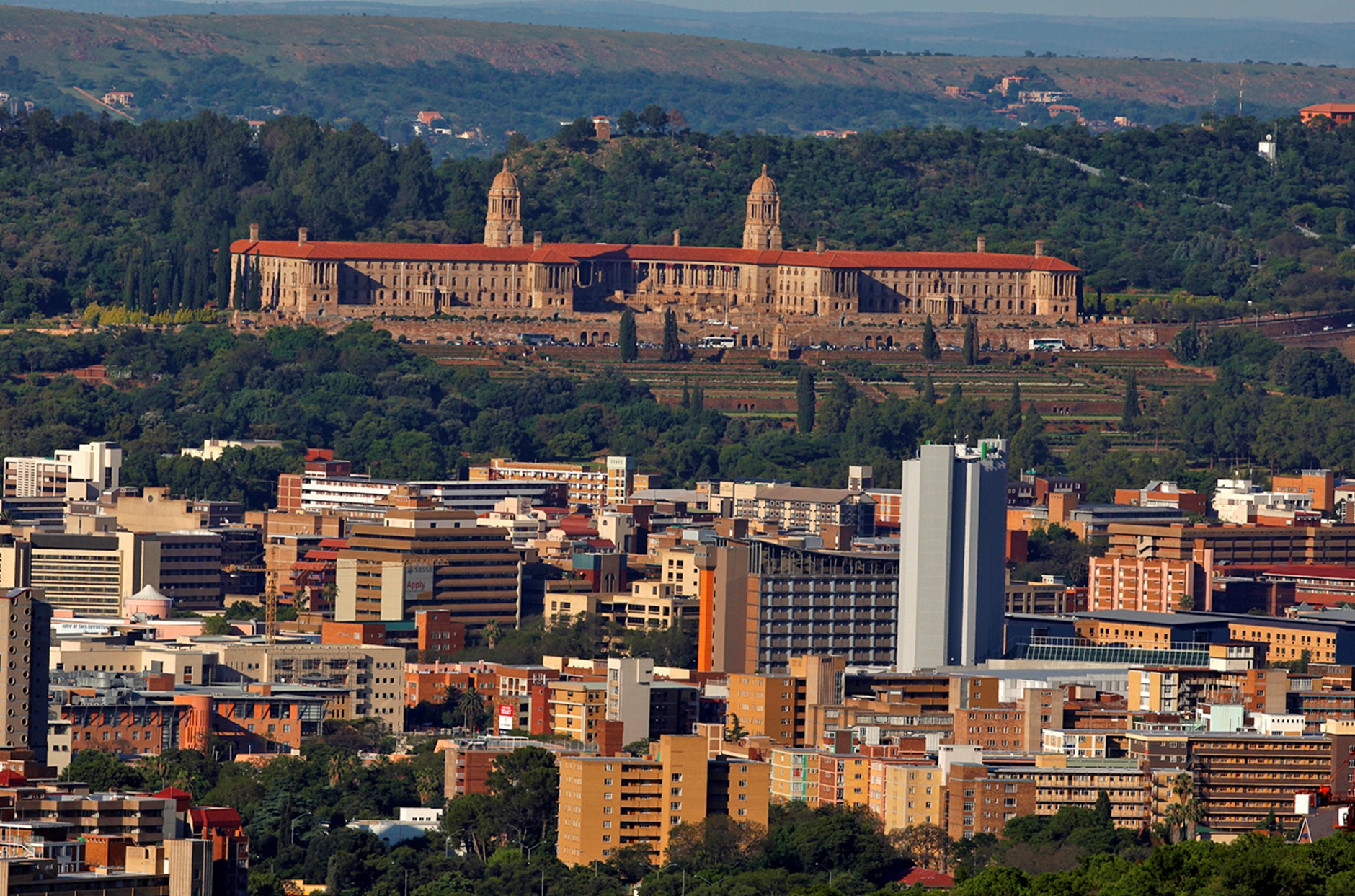WATER CRISIS IN SOUTH AFRICA: A COMPLEX TAPESTRY OF CHALLENGES
THE STARK REALITIES OF TSHWANE’S WATER EMERGENCY
In Tshwane, the capital city’s water crisis is emblematic of broader systemic issues plaguing South Africa’s urban centres. Residents are caught in the grip of an escalating water shortage, experiencing frequent supply disruptions that underscore the municipality’s struggle to efficiently manage its water infrastructure. This ongoing crisis has laid bare the inadequacies in the city’s ability to ensure a consistent and clean water supply, with government officials often pointing to sabotage as the culprit. However, this deflection fails to address the root causes of the crisis, leaving the populace in dire need of transparent, actionable solutions to secure their fundamental right to water.
A CRITICAL EXAMINATION OF CORRUPTION AND MISMANAGEMENT
The twin cities of Cape Town and Tshwane have been bearing the brunt of a deepening water crisis, a situation that has been markedly worsened by rampant corruption and gross mismanagement within the ranks responsible for water infrastructure. The grim consequences of these deficiencies were brought to light in the most tragic of ways through the cholera outbreak at the Rooiwal Water Treatment Plant. This devastating incident did not just disrupt the supply of clean water; it snatched away the lives of over 50 individuals, casting a long shadow of grief across the residents of Tshwane. The outbreak stands as a stark testament to the catastrophic impact that corruption and negligence can wreak upon human life, laying bare the pressing and unequivocal necessity for comprehensive systemic reforms. The urgent need to overhaul the maintenance and management protocols of water resources cannot be overstated, as it is critical not only to preventing such tragedies in the future but also to ensuring the safety and well-being of the populace. It is a clarion call to action for authorities and policymakers to institute robust measures that fortify the integrity of water infrastructure and preclude the possibility of such disasters reoccurring, thereby safeguarding the fundamental human right to clean and safe water.
WATER SCARCITY IN THE WESTERN CAPE: A HISTORIC CHALLENGE
The Western Cape’s battle against water scarcity is not a new phenomenon, yet it has taken on new dimensions under the leadership of the Democratic Alliance (DA). The crisis is markedly exacerbated by stark economic inequalities, where a small percentage of affluent households consume more than half of the region’s water supply. This disparity reveals not only the challenges of managing limited water resources but also the critical need for policies that promote equitable access and sustainable usage. The government’s task is monumental, requiring innovative strategies that can balance the demands of growth with the imperative of water security for all citizens.
THE DEMOCRATIC ALLIANCE’S GOVERNANCE IN THE SPOTLIGHT
The water crisis that is presently choking the life out of Cape Town and Tshwane has stripped bare the troubling realities of pervasive water scarcity, the deterioration of water quality, and the crumbling state of infrastructure. These issues loom large, casting a daunting shadow over the Democratic Alliance’s (DA) governance. The unfolding disaster in these areas is rapidly becoming a definitive gauge of the DA’s administrative efficacy, revealing potential gaps in its commitment to uphold the fundamental rights and welfare of its constituents. The harrowing struggles faced daily by the residents under the DA’s watch bring into sharp relief a scenario that seems to be teetering on the brink of governance failure.
With each passing day, the voices of the citizenry grow louder, beseeching for actionable and sustainable interventions. This chorus of desperation is sounding the alarm, signaling that the time has come for the DA to critically reassess and overhaul its governance strategies, reaching beyond makeshift, reactive measures to embrace a comprehensive plan for deep-rooted, progressive reform.
This alarming crisis does not only necessitate a swift, decisive response to ensure the provision of safe and reliable water for every individual—it also starkly questions the DA’s dedication to principles of transparency, accountability, and forward-thinking innovation when tackling the intricate tangle of challenges at hand. The intense scrutiny now focused on the DA’s management of this crisis, along with its wider repercussions on governance, raises profound doubts about the party’s competence in steering the complex ship of resource management and in creating an equitable environment where the basic human needs of all citizens are secured, irrespective of their economic or social position.
As the controversy escalates and public indignation mounts, it is becoming painfully apparent that the DA must rise to meet these formidable challenges with immediate, vigorous action and a detailed, strategic vision that places the health, safety, and prosperity of the people at the forefront of their agenda. The stakes are monumental, for the trajectory of South Africa’s water security and the integrity of the DA’s leadership are tightly intertwined, demanding an unyielding and transparent commitment to redress the existing failures. It is incumbent upon the DA to heed the call for change, for the people of South Africa are owed a governance model that embodies responsiveness, accountability, and an unwavering determination to cultivate a brighter, more resilient future for every citizen. Anything less would be an abdication of the DA’s pledged responsibilities and a grave disservice to the nation.
